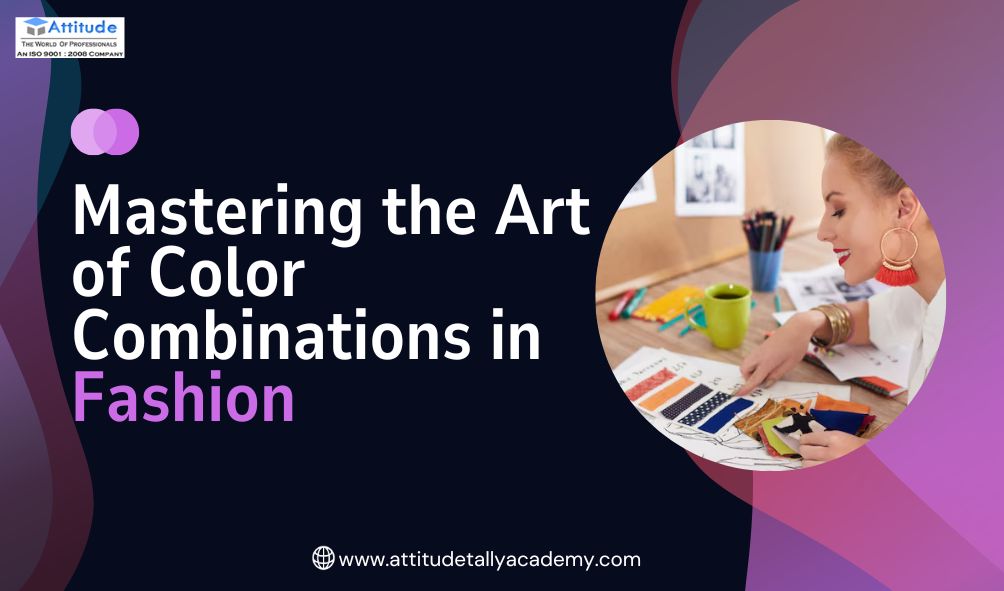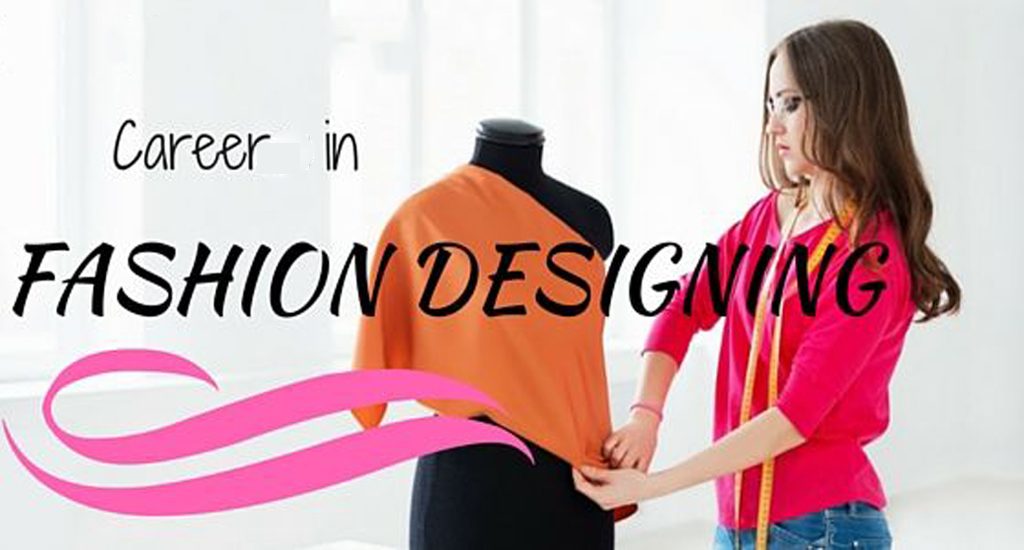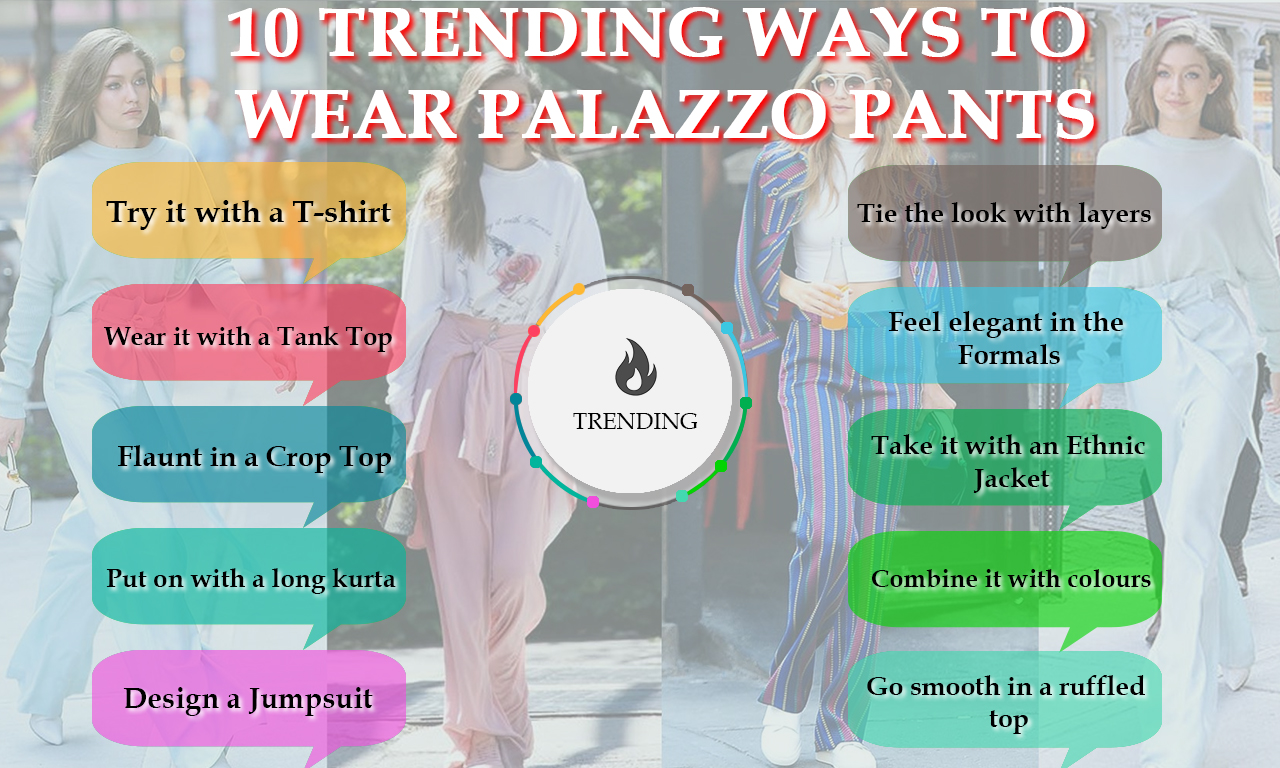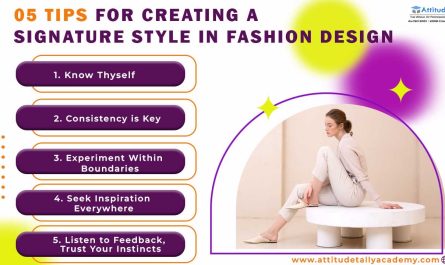Introduction
Colors are the heart and soul of fashion design. They have the power to evoke emotions, set moods, and transform an outfit from ordinary to extraordinary. Whether you’re an aspiring fashion designer or someone passionate about style, mastering the art of color combinations is essential. For those seeking to elevate their skills, enrolling in a fashion designing course in Yamuna Vihar can be a game-changer.
In this blog, we’ll explore the fundamentals of color theory, the psychology of colors, and practical tips to create stunning color combinations in your designs.
Understanding Color Theory
At the core of creating beautiful color combinations lies color theory. This concept revolves around the color wheel, which is divided into three main categories:
- Primary Colors: Red, blue, and yellow are the building blocks of all other colors.
- Secondary Colors: Green, orange, and purple are created by mixing primary colors.
- Tertiary Colors: These are blends of primary and secondary colors, such as red-orange or blue-green.
To create harmonious designs, understanding relationships on the color wheel—such as complementary, analogous, and triadic combinations—is crucial.
The Psychology of Colors
Colors aren’t just visual elements; they carry meaning and influence perception. For instance:
- Red signifies passion and energy.
- Blue evokes calmness and trust.
- Yellow represents happiness and optimism.
By tapping into the psychological aspects of colors, you can design outfits that connect with the wearer’s emotions and purpose.
Tips for Creating Stunning Color Combinations
- Start with Neutrals: Use black, white, gray, or beige as a base to balance vibrant shades.
- Play with Monochromatic Schemes: Stick to one color family but use different tones and shades for depth.
- Experiment with Bold Contrasts: Combine complementary colors, like blue and orange, for a striking effect.
- Incorporate Seasonal Hues: Adjust your palette based on seasons; warm tones for summer and earthy shades for autumn.
- Use Patterns Wisely: Patterns often mix colors for you; choose designs that align with your palette.
Tools and Resources for Designers
Fashion designing is an art that blends creativity with technique. Designers can use tools like Pantone color guides, digital color apps, and even fabric swatches to experiment and perfect their combinations. Regular practice and experimentation are key to building confidence in your choices.
The Importance of Education
To truly excel, a strong foundation in fashion designing is essential. Learning from experts and gaining hands-on experience can make all the difference. Institutes offering courses on fashion and dress designing provide the knowledge and practical exposure necessary for success. If you’re looking to take the next step, a Dress Designing Training Institute could be the perfect place to start your journey.
Conclusion
Mastering color combinations in fashion is both an art and a science. By understanding the basics of color theory, experimenting with palettes, and learning from professionals, you can create designs that captivate and inspire. Whether you’re designing casual wear or haute couture, the right colors can elevate your creations to new heights. Begin your journey today by exploring opportunities at a Dress Designing Training Institute and bring your creative visions to life!
Suggested Links:-




